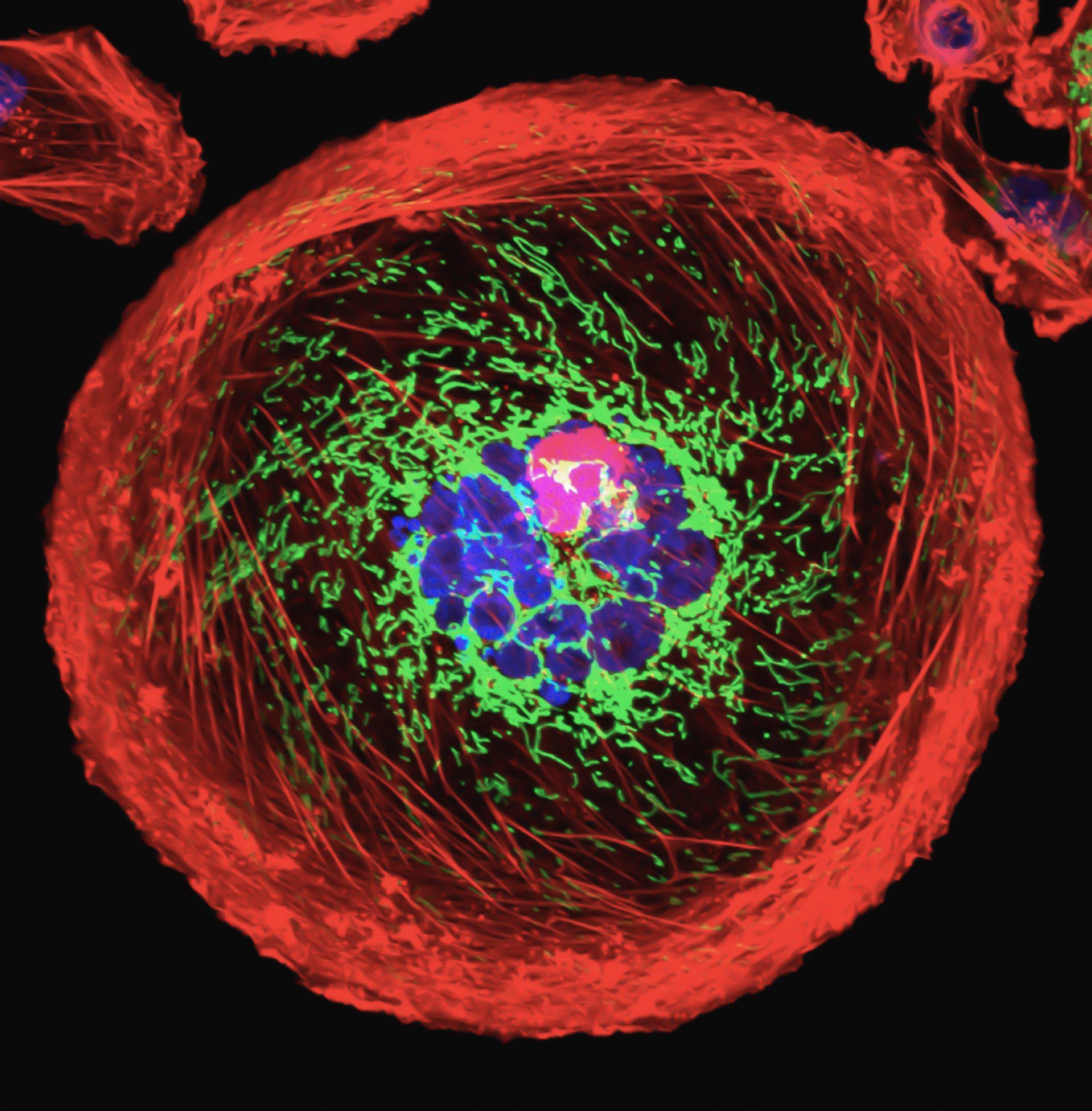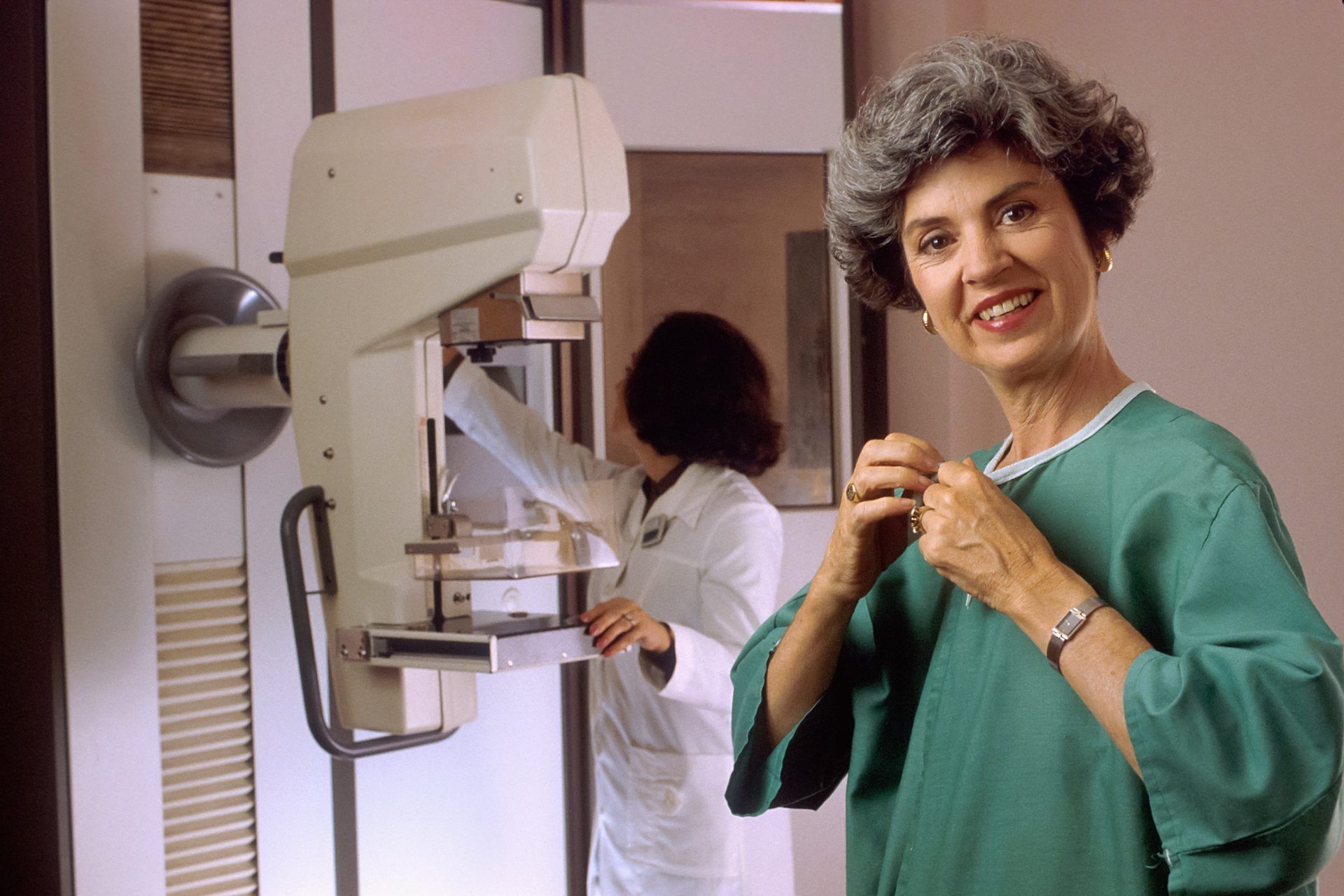Is AI breast cancer screening possible? According to various sources, the answer is yes, and Google has already started to work. Soon, AI-powered cancer screening tools could be a part of the usages of artificial intelligence in daily life.
On this road to triumph, Google’s partner will be iCAD. The initiative aims to support radiologists in improving risk assessment and breast cancer detection.
Google partners with iCAD to develop AI breast cancer screening tools
Today, Google disclosed that it had granted the medical technology firm iCAD a license to use its AI breast cancer screening research model for cancer detection. Google is licensing the technology for the first time in the hopes that it may eventually result in more precise breast cancer detection and risk assessment.

According to Google communications manager Nicole Linton, the two businesses want to launch the technology in clinical settings in the real world by 2024. However, the success of ongoing research and testing will still determine commercial adoption. Linton wrote in the email, “We will go cautiously and test things as we go.”
It is not Google’s first attempt
The collaboration advances Google’s earlier efforts to enhance breast cancer diagnosis. Back in 2020, Google researchers found that its AI breast cancer screening model outperformed many radiologists in spotting breast cancer symptoms in an article they published in the journal Nature. Among the thousands of mammograms examined, the model decreased false positives by up to 5.7 percent and false negatives by up to 9.4 percent.

To double-read mammograms and “enable radiologists to focus on high-priority patients while enhancing consistency and quality of screening,” Google has also announced it is collaborating with the National Health Service (NHS) of the UK and Imperial College London.
Check out the new AI that can diagnose a patient using their speech
What can iCAD do?
Google’s mammography AI research model will be incorporated into iCAD’s current toolkit. The first is its “ProFound AI” tool, which examines pictures taken using the advanced imaging method known as “3D mammography” or “digital breast tomosynthesis” (DBT). The tool scans DBT images to check for calcifications and malignant soft tissue densities.
Additionally, iCAD intends to integrate Google’s concept with its risk assessment tool, which, according to the business, offers individualized risk assessment for breast cancer that is catered to every individual.
Can AI detect breast cancer?
It is hoped that AI breast cancer screening tools will one day assist radiologists and the patients they treat. In general, medical professionals are approaching AI cautiously. Radiologists detected cancer in several cases in Google’s 2020 research when the model first missed it. There isn’t really a gold standard for cancer diagnosis beyond that.

It can be challenging to create a solid baseline when training an algorithm. Thus, such AI breast cancer screening systems might improve by providing more than two options to account for the “gray area of diagnosis” rather than keeping to a binary of outcomes — “cancer” or “no cancer.”
Do you know the AI that helps doctors?
How effective is AI in detecting breast cancer?
According to an important study published in Radiology, artificial intelligence (AI) is a viable technique for breast cancer diagnosis in mammography screening programs.
For radiologists, the mammograms they get as part of population-based breast cancer screening programs add significantly to their workload. An automated second reader for mammograms using AI has been suggested as a way to lighten this strain. Although the technique has produced intriguing results for cancer diagnosis, there is little data to support its usage in actual screening environments.
The performance of a commercially available AI system and routine independent double reading as carried out in a population-based screening program were compared in the new study, which is the largest of its kind to date, by Norwegian researchers under the direction of Solveig Hofvind, Ph.D., from the Section for Breast Cancer Screening, Cancer Registry of Norway in Oslo. The population-based screening program BreastScreen Norway, which involved over 123,000 examinations on more than 47,000 women at four institutions, served as the study’s primary data source.

The dataset includes 205 interval cancers—tumors discovered between screening rounds—and 752 screening-detected cancers. On a scale of 1 to 10, with 1 representing the lowest risk and 10 the worst risk, the AI system predicted the likelihood of developing cancer. The highest AI score of 10 was seen in a total of 87.6% (653 of 752) of screen-detected and 44.9% (92 of 205) of interval tumors.
To evaluate the effectiveness of the AI system as a tool for making decisions, the researchers developed three thresholds. The percentage of screen-detected tumors not chosen by the AI system was less than 20% when using a threshold corresponding to the typical individual radiologist rate of positive interpretation. Although the AI system performed well, more research is required since the study only used retrospective data. Maybe Google and iCAD partnership for AI breast cancer screening can overcome this.
Don’t be scared of AI jargon; we have created a detailed AI glossary for the most commonly used artificial intelligence terms and explain the basics of artificial intelligence as well as the risks and benefits of artificial intelligence.
We have already explained some of the best AI tools like Meta’s Galactica AI, Notion AI, Stable Diffusion along with DALL-E 2, Midjourney, DreamBooth AI, Wombo Dream, NightCafe AI, Make-A-Video, Chai App, AI Dungeon, and NovelAI. Do you know there are also AI art robots? Check the Ai-Da.






